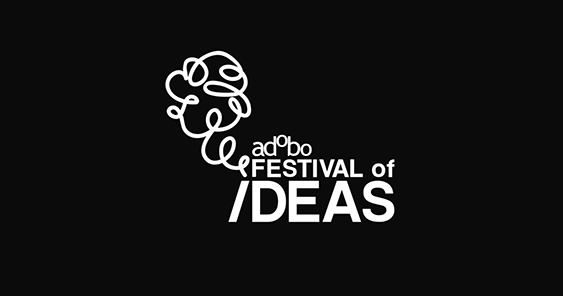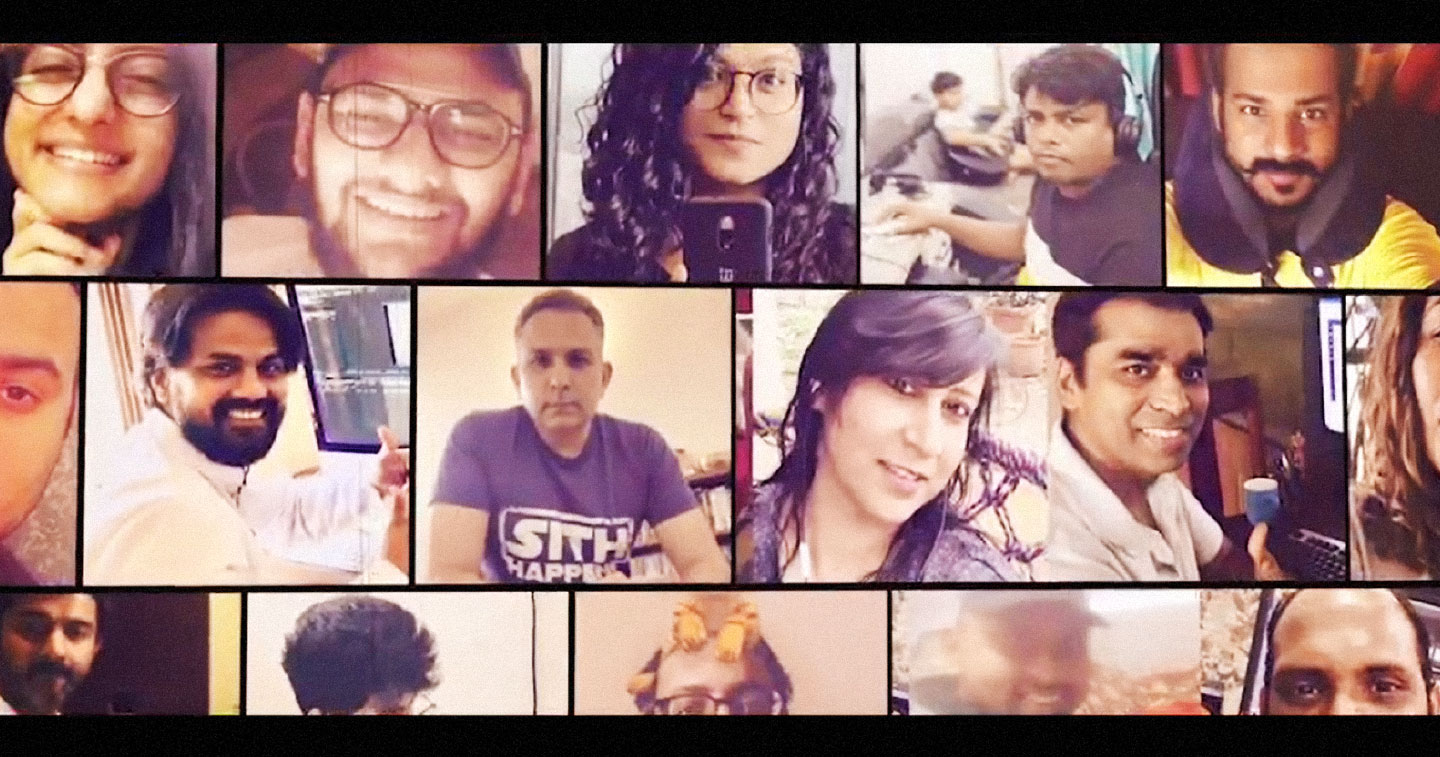In the age of industry-changing disruptive business models, gamified promos and apps, and the rise of post-millennial Generation Z, “Create. Innovate. Or Die”, this year’s festival highlights how today’s incoming creative industry professionals can adapt and succeed in today’s tumultuous and exciting times of constant disruption.
adobo Festival of Ideas Conference Theme video on Create. Innovate. Or Die.
November 30th, 2016
Video graphics by Ivan Despi of Acid House. Music score by Hit Productions.
Copyright adobo magazine/Sanserif, Inc.
Sponsor






